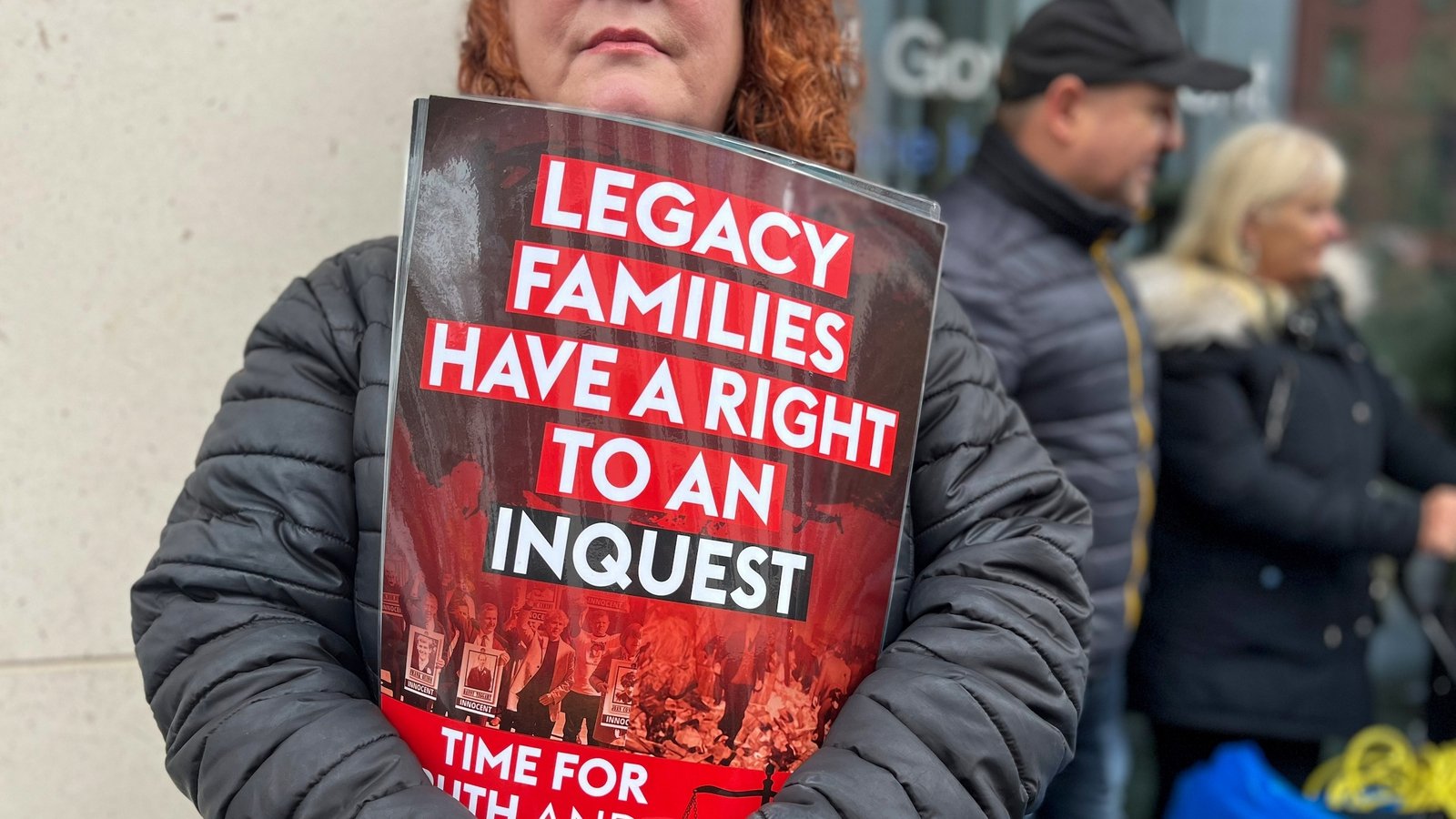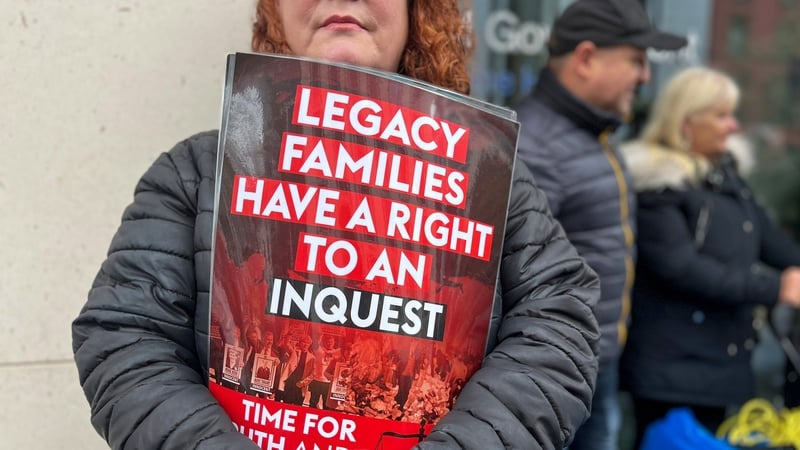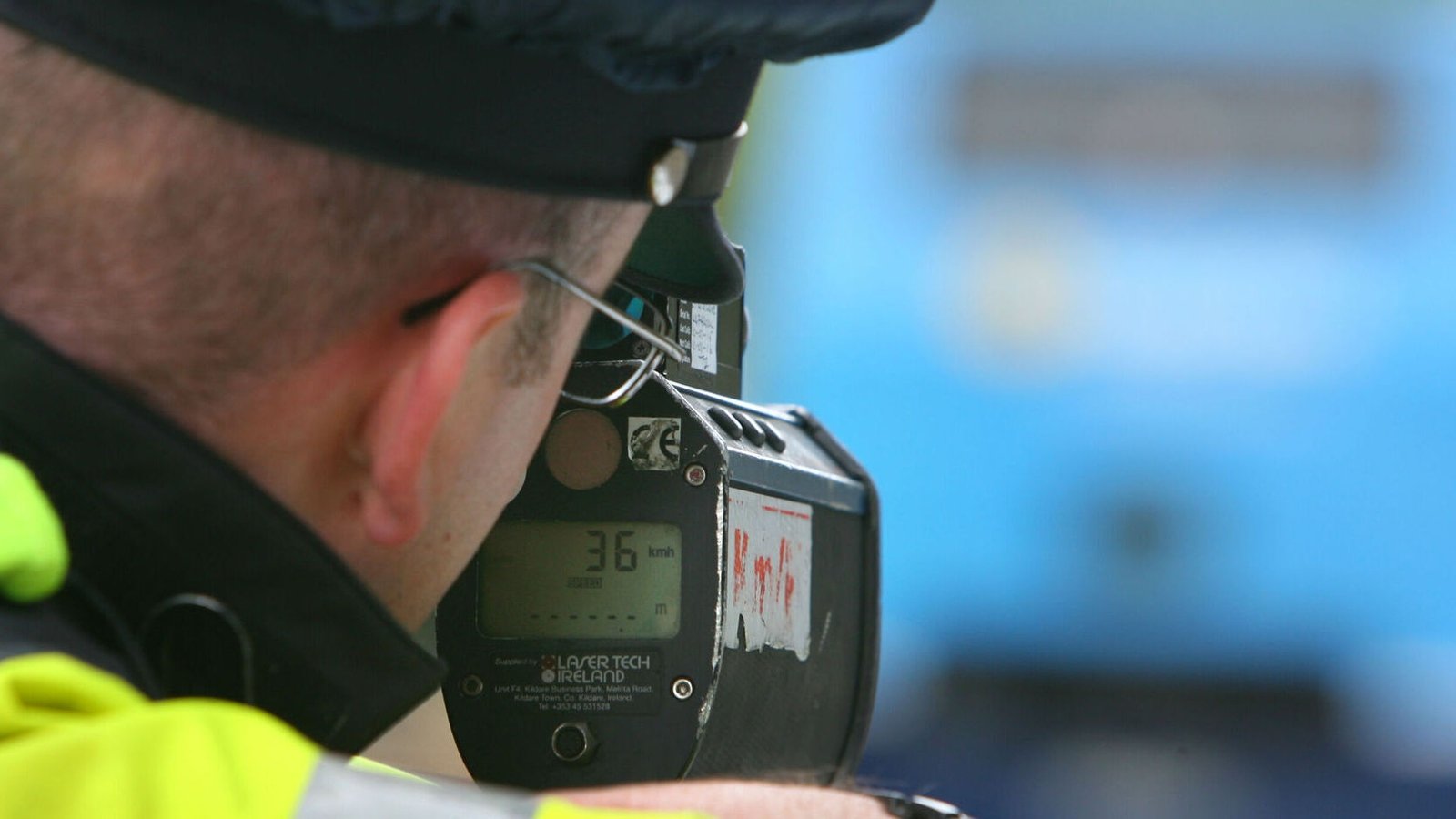Judgment due in challenge to UK govt Troubles legislation


Judgment in a landmark legal challenge to the British government’s legislation to end all investigations into killings during the Troubles will be delivered this morning.
All criminal prosecutions and civil cases, including inquests that have not reached the point where a verdict is due to be delivered, will cease in May.
A number of relatives of those bereaved by the violence are seeking to have the controversial legislation overturned.
The new law offers a conditional amnesty from prosecution for perpetrators who co-operate with a new Independent Commission for Reconciliation and Information Recovery (ICRIR).
Critics have labelled it a bill of shame and say it is designed to protect former British soldiers.
Nineteen separate legal challenges were lodged against the Northern Ireland Troubles (Legacy and Reconciliation) Act, but a judge consolidated them into one lead case.
Those mounting the challenge are supported by Amnesty International.
The judicial review was heard over eight days in the High Court in Belfast in November.
The judge, Mr Justice Adrian Colton, will deliver his judgement this morning.
During the hearings, lawyers for those seeking to have the legislation deemed unlawful argued that it would prevent them from ever receiving either truth or justice and is in breach of human rights legislation.
John Larkin KC, a former Northern Ireland Attorney General, told the court they were being subjected to “secondary trauma” because their hopes of securing justice where being shut down.
He said those taking the case “are representative of the enormous and collective pain in this jurisdiction” and that their hurt was so intense, no words of his could possibly do them justice.
The lawyer said they had been victims of “horrific events” and wanted those responsible to be held to account.
But a lawyer, the British government argued that the legislation is an attempt to achieve reconciliation while preserving victims’ rights.
Tony McGleenan KC described the series of legal challenges as “an unprecedented attempt to block a sovereign Act of Parliament”.
He also said perpetrators who fail to “earn” conditional amnesties by revealing the truth about their activities to the ICRIR would face the prospect of prosecution and imprisonment.
“The sword of Damocles hangs over all those who participated in Troubles-related offences,” Mr McGleenan said.
The legislation received Royal Assent in September last year despite being opposed by all of the main political parties in Northern Ireland, victims’ organisations and the Irish Government.
The Irish Government announced in December that it is challenging the UK legislation in the European Court of Human Rights.





